Survey Manager, NYC Department of Health and Mental Hygiene
Category : Alumni
The New York City Department of Health and Mental Hygiene is a world-renowned agency with a long tradition of protecting and promoting health in the nation’s most culturally and linguistically diverse city. Since its creation as the Board of Health in 1805, the DOHMH has been recognized for its innovative and groundbreaking work to protect and promote the health of over 8 million residents.
The Research and Evaluation Unit in the HIV/AIDS Prevention Program (Bureau of Hepatitis, HIV/AIDS, and Sexually Transmitted Infections) has an opening for a Survey Manager (Civil Service Title: City Research Scientist II).
Under the direction of the Senior Analyst, and in collaboration with other Unit, Program and Bureau staff, the Survey Manager will contribute to process and outcome evaluation and scientific research activities for a dynamic portfolio of high priority projects aimed to End the Epidemic of HIV/AIDS in New York City.
DUTIES WILL INCLUDE BUT NOT BE LIMITED TO:
• Coordinate the development and implementation of the scientific research surveys in the HIV/AIDS Prevention Program (e.g., Sexual Health Survey (SHS).
• Coordinate online-based operations for select high-impact HIV/AIDS prevention scientific research and evaluation projects including venue engagement, staffing, protocol adherence, and ensuring participant confidentiality and epidemiological data security.
• Identify existing validated scientific research survey questions to meet NYC DOHMH program needs and aid in the development of new scientific research survey questions.
• Conduct formative scientific research with community groups applying principles of community-based participatory scientific research.
• Maintain study files including updates and tracking changes to scientific research questionnaires.
• Maintain an inventory and matrix of scientific research survey questions.
• Organize and maintain vendor reports an memos related to epidemiological data collection.
• Ensure and document the translation of scientific research study materials into all study languages with quality controls.
• Develop human subjects scientific research protocols for Institutional Review Board applications, and track progress of submissions.
• Develop training materials for epidemiological data collectors and attend trainings in-person as needed.
• Lead testing of programmed scientific research questionnaires and review questionnaires for accuracy and ensure the most current versions are being used.
• Review weekly epidemiological data reports and track study progress.
• Monitor project deliverables to ensure they are completed on schedule.
• Assess any issues and suggest solutions to team leads.
• Participate in core unit activities, including epidemiological data monitoring, cleaning, managing, analyzing and displaying process and outcomes data using analytic software packages (SAS).
• Contribute to reports, presentations, peer reviewed journals and scientific research papers for public dissemination.
• Support other Bureau projects as needed, including providing consultation for other scientific research surveys.
• Participate in DOHMH efforts to promote health equity and racial justice.
Minimum Qual Requirements
To be appointed to Assignment Level II and above, candidates must have:
1. A doctorate degree from an accredited college or university with specialization in an appropriate field of physical, biological, environmental or social science and one year of full-time experience in a responsible supervisory, administrative or research capacity in the appropriate field of specialization; or
2. A master’s degree from an accredited college or university with specialization in an appropriate field of physical, biological, environmental or social science and three years of responsible full-time research experience in the appropriate field of specialization; or
3. Education and/or experience which is equivalent to “1” or “2” above. However, all candidates must have at least a master’s degree in an appropriate field of specialization and at least two years of experience described in “2” above. Two years as a City Research Scientist Level I can be substituted for the experience required in “1” and “2” above.
NOTE:
Probationary Period
Appointments to this position are subject to a minimum probationary period of one year.
Preferred Skills
• Have experience in developing and implementing public health surveys, scientific research surveys/questionnaires, especially those conducted among communities of color and sexual minorities.
• Have a strong interest in testing scientific research survey methods for public health surveys.
• Have experience working collaboratively with others to implement epidemiological data collection, including vendor management and collaboration with stakeholders from multiple parts of the organization to reach consensus.
• detail-oriented.
• Advanced knowledge of SAS (Base SAS, SAS/STAT, SAS/GRAP).
• familiarity with SQL and R; and advanced proficiency with Microsoft Office suite software (e.g., Access, Excel).
• Strong project management skills are essential.
• Strong interest and appreciation for data quality and program quality management.
• This role also demands an ability to work effectively with a diverse staff of scientists, IT specialists, program planners, program managers and service providers within the DOHMH and at external agencies, as well as clients/consumers who participate in community planning and research review processes.
• All Research and Evaluation Unit staff members are expected to maintain multiple projects and function effectively both independently and as part of a team;
We appreciate the interest and thank all applicants who apply, but only those candidates under consideration will be contacted.
The NYC Health Department is committed to recruiting and retaining a diverse and culturally responsive workforce. We strongly encourage people of color, people with disabilities, veterans, women, and lesbian, gay, bisexual, and transgender and gender non-conforming persons to apply.
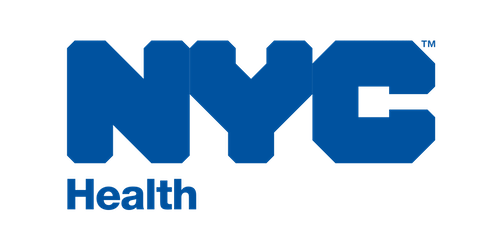


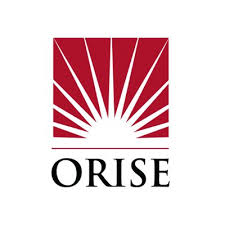

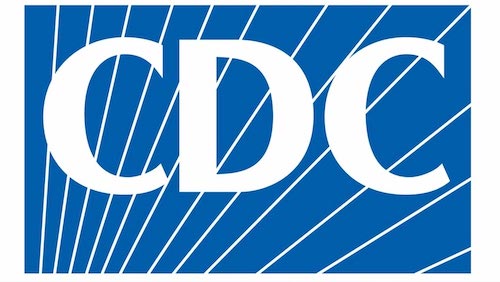
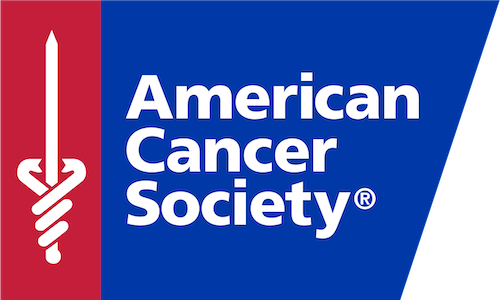
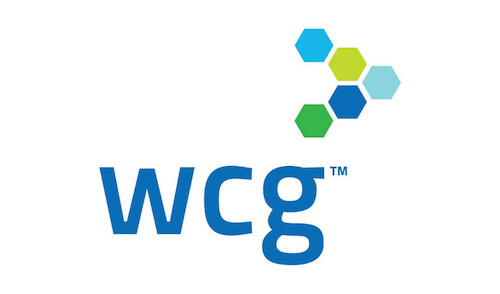
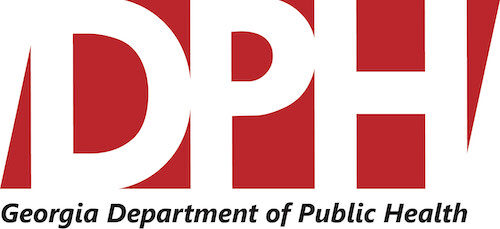
Recent Comments